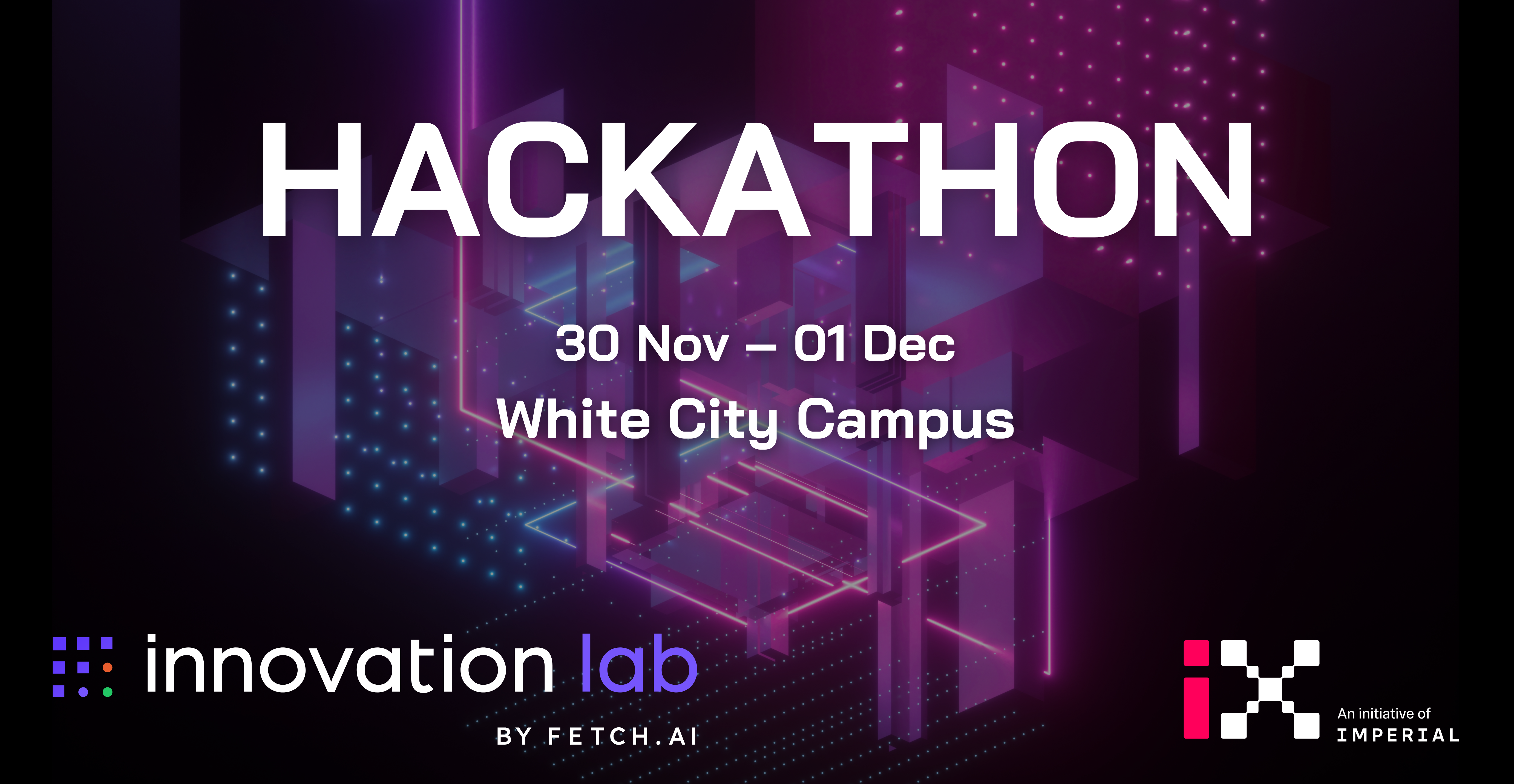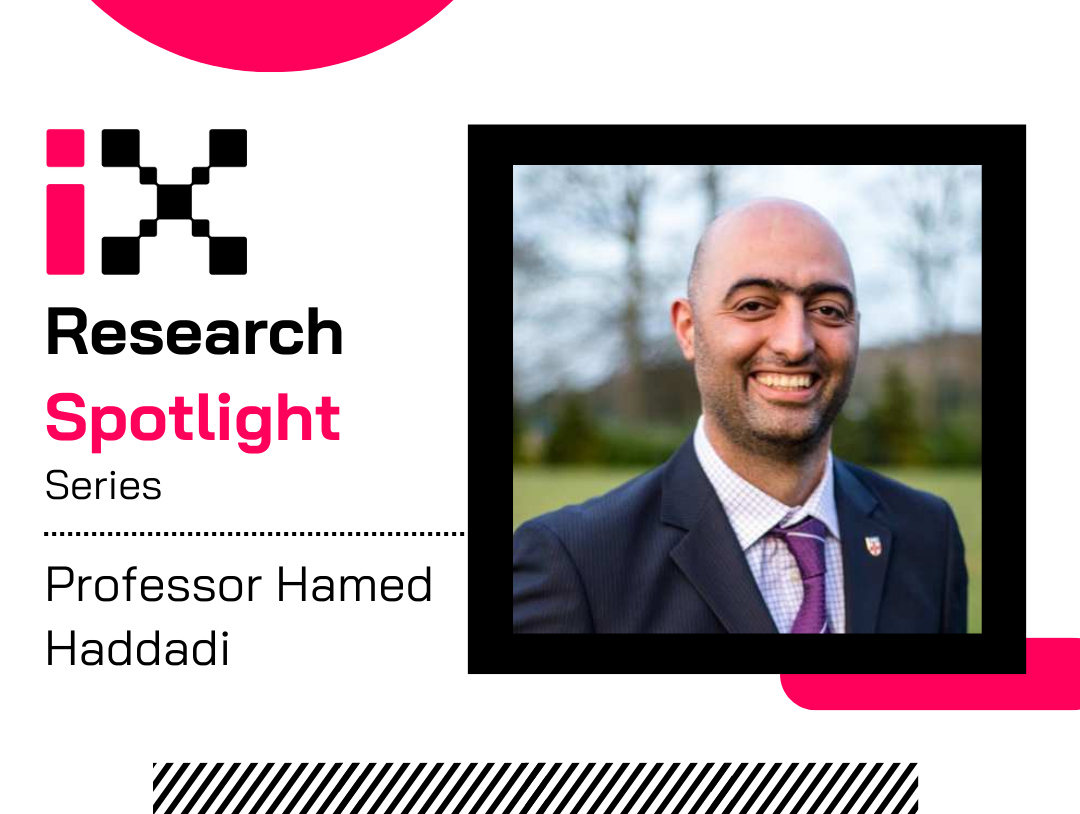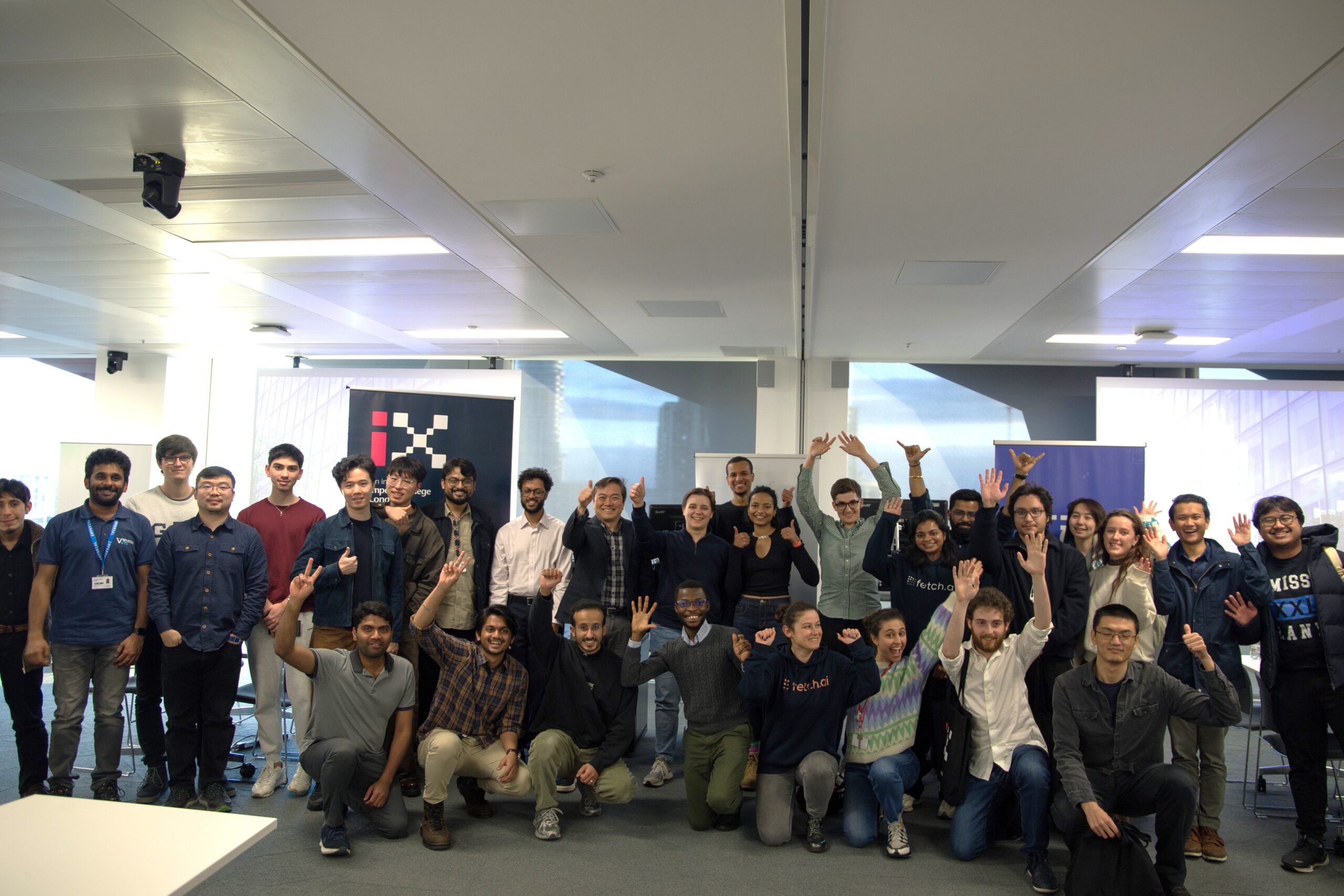
We are thrilled to welcome Dr Nicola Gnecco to the I-X Team! Nicola joined Imperial College London earlier this month, as a Lecturer in Statistics at I-X and the Department of Mathematics.
* * *
Welcome to the I-X team! Could you tell us a bit about yourself and your academic background?
Thank you for the warm welcome! I am thrilled to have joined the I-X team this January and look forward to contributing to our collective research endeavours.
I grew up in Genoa, Italy, a seaside city on the northwest coast. I moved to Switzerland to study at university. I first got a BA in Economics from USI in Lugano and then a MSc in Finance from the University of Lausanne. It was during these years that I first encountered statistics and machine learning. However, it was not until I gained industry experience as a quantitative analyst in the finance sector in Geneva, that I fully committed to these fields. My interest in statistics led me back to university, where I obtained an MSc in Statistics from ETH Zurich and a PhD in Statistics from the University of Geneva. During those years, I encountered the topics that would become the backbone of my research: causal inference (studied with Nicolai Meinshausen at ETH Zurich), and extreme value theory (studied with Sebastian Engelke at the University of Geneva).
After my PhD, I won a two-year fellowship from the Swiss National Science Foundation, which allowed me to arrange my postdoc at three universities: first, at the University of Copenhagen, working with Jonas Peters and Niklas Pfister; then, at UC Berkeley, working with Bin Yu; and finally, at the Gatsby Computational Neuroscience Unit, working with Arthur Gretton.
What projects are you working on currently?
Currently, my research revolves around two key themes:
- Distribution Generalisation from a Causal Perspective: Classical machine learning methods struggle when the training and test distributions differ. Recently, the problem of distribution generalisation has received much attention in high-stakes applications, such as the healthcare sector. In my research, I use causality to develop new frameworks and algorithms for distribution generalisation. For instance, I am currently exploring the use of generative models to learn a predictive function that is robust to distributional shifts, thereby improving the robustness of machine learning models in real-world scenarios.
- Causal Inference for Extreme Events: I study settings where it is helpful to learn the causal structure of a system during extreme events. Such settings are standard in climate and Earth system science (for instance, heat waves, heavy rainfall, river floods), as well as logistics (for instance, delay propagation through large networks). While the field of causal inference offers tools to learn the causal structure of a system under “normal” conditions, this is not the case for systems under extreme state. Currently, I am trying to formalise a causal model specifically for the tails of distributions to learn the causal structure during extreme events in large and complex systems.
What attracted you to working at I-X?
What resonates with me about I-X is its mission to bring together individuals with different expertise to address society’s most pressing problems using AI.
The current organisation of universities into separate departments effectively deepens knowledge within a specific field. However, breakthroughs in complex problems often emerge at the intersection of multiple fields. This insight comes from Steven Johnson’s Where Good Ideas Come From. In it, Johnson discusses the concept of the “adjacent possible,” introduced by the theoretical biologist Stuart Kauffman. The adjacent possible refers to the set of potential innovations surrounding the cutting edge of certain fields. The argument is that to achieve the next possible innovation, one must first reach the cutting edge within a particular domain. While achieving the cutting edge in a single discipline is challenging, striving to reach it across multiple disciplines simultaneously is often prohibitive for an individual, research group, or department.
By bringing together researchers from diverse departments, I-X can accelerate the progress needed to reach the new “adjacent possible.”
What are your interests outside your work?
My biggest passion outside research is music, particularly playing the guitar. I started when I was 9, and since then, I have never stopped (modulo research activities). I am a huge fan of 70s and 80s rock bands, especially Dire Straits and its guitar hero, Mark Knopfler. I also enjoy jazz-fusion music, with Al Di Meola and Paco De Lucía ranking at the top of my list.
In addition to music, I love swimming, especially in the open sea. I am also considering joining a winter bathing club in London. If you have any suggestions, I would be happy to hear them!



